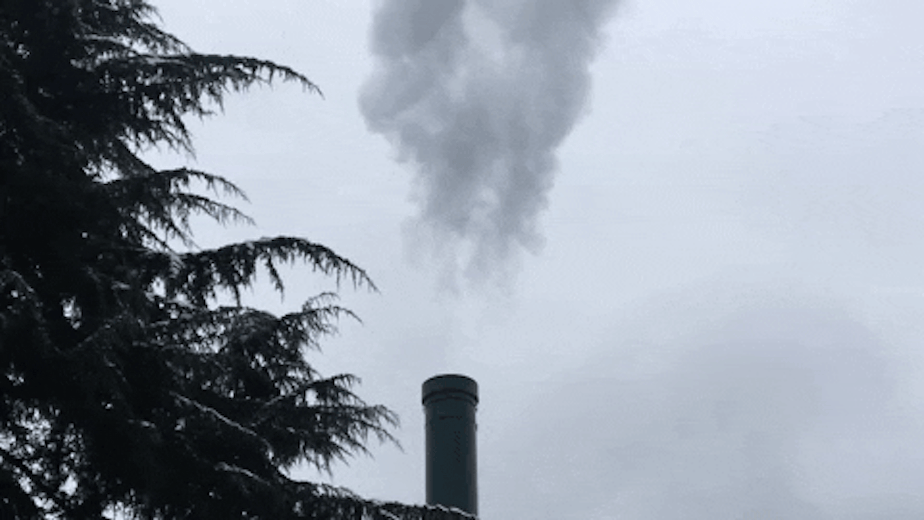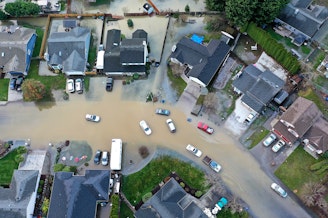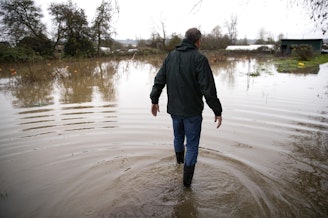State Supreme Court hobbles Inslee climate-pollution rule

Whose pollution is it when a driver burns gasoline made by a big oil company?
The Washington state Supreme Court has hobbled Gov. Jay Inslee’s attempt to regulate big climate polluters. In a 5-to-4 decision, the court has found that Inslee’s 2016 clean air rule doesn’t apply to oil refineries or natural gas distributors.
The decision stems from a 2016 lawsuit by the Association of Washington Business and seven other industry groups.
“We are pleased the court recognized the Department of Ecology went too far in its attempt to regulate greenhouse gas emissions by applying the Clean Air Rule to employers that are not direct emitters of gas emissions,” Association of Washington Business president Kris Johnson said in an emailed statement.
Climate activists sometimes claim that 70 percent of the greenhouse gas pollution that is wrecking the world’s climate comes from just 100 big companies, mostly big coal, oil and gas firms.
The big fossil-fuel companies don’t put out most of that pollution themselves: They produce and sell fuel that other people turn into pollution by burning it in their car, furnace or power plant.
Sponsored
That distinction, acknowledged in the original study of polluting companies by the nonprofit CDP, has been obscured by journalists covering the study and by people trying to make a political point with it.
Now, that distinction has toppled one of the key policies of Gov. Inslee’s longstanding efforts to combat climate change.
"The Supreme Court decision means that we no longer have a way to reduce emissions from the transportation sector," Inslee told reporters Thursday.
Transportation caused 45 percent of the state's greenhouse gas pollution in 2017, according to the Washington Department of Ecology.
The court agreed with Inslee (and the vast majority of scientists who study the problem) that "dramatic steps are needed to curb the worst effects of climate change," which it called an "undeniable crisis."
Sponsored
But it found that the clean air rule only apples to facilities that directly emit pollution — like a factory with a smokestack.
With the ruling, industries that sell fuel for somebody else to burn are off the hook for the pollution generated by their products — unless the legislature changes the law to cover such indirect pollution.
“This decision has made it even more abundantly clear that we need to take action in the legislature,” Inslee said.
The 2016 clean air rule aimed to regulate about two-thirds of all greenhouse gas pollution in Washington. The indirect pollution sources let off the hook by the court’s decision make up about half of all pollution in the state.




